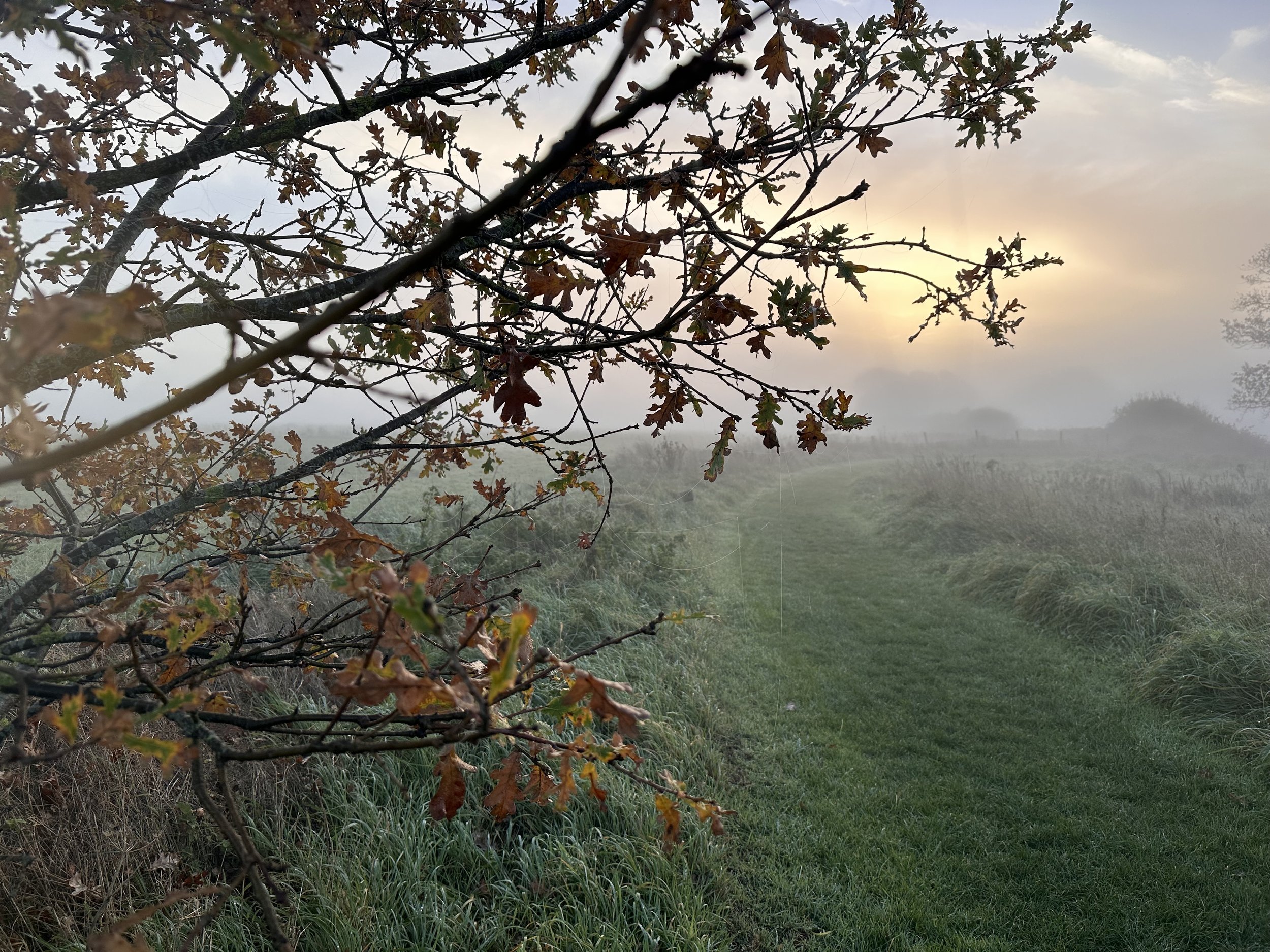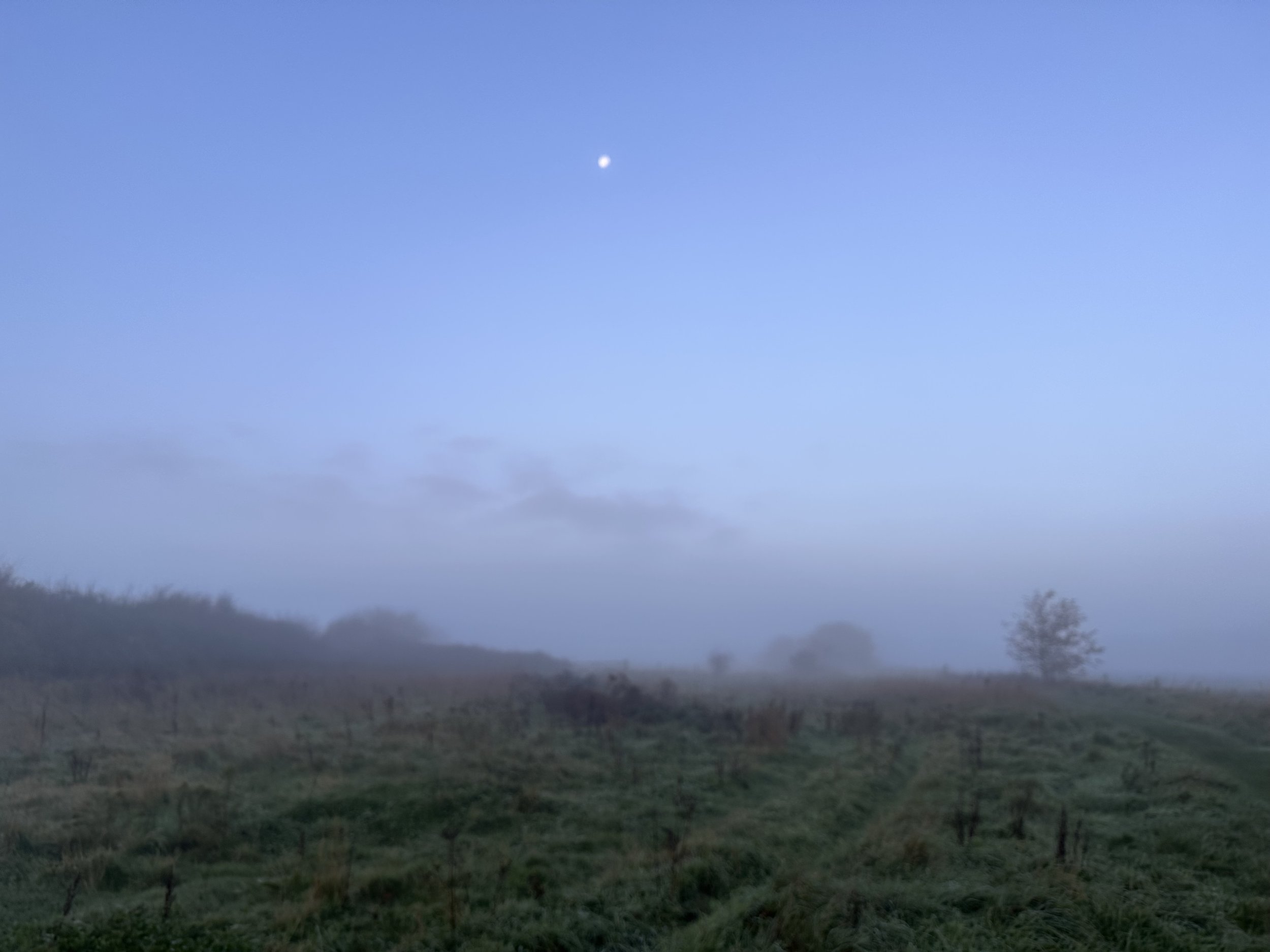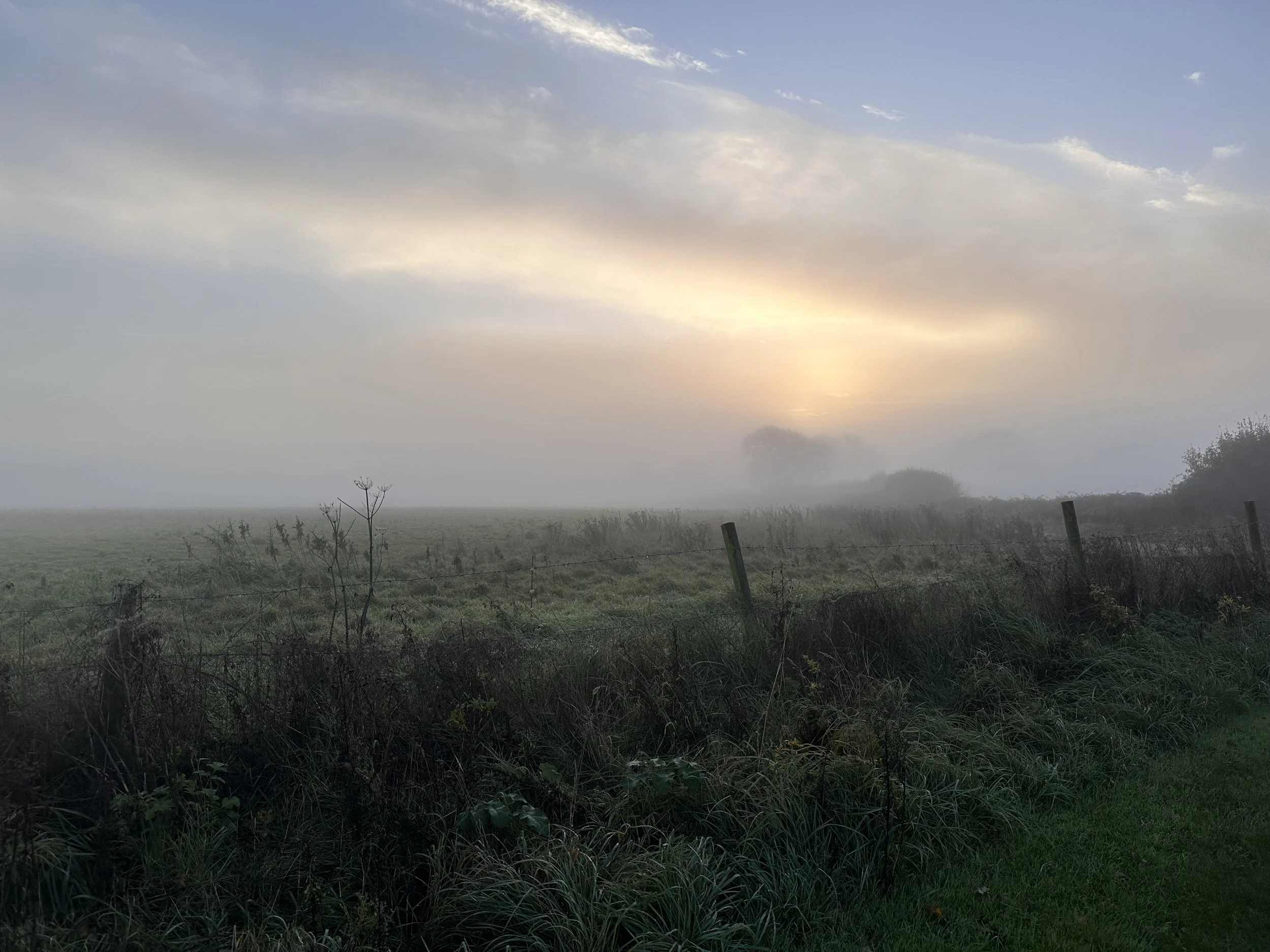Embracing Neurowildness
Lately, I’ve been obsessed with this word - Neurowild.
Since I heard it it has not left me for one moment. It landed in me like a deep remembering. Like oh… right! That’s what I’ve been trying to say all along!
I’ve spent years using words like neurodivergent or ADHDer AuDHDer, or neurospicy or neurocomplex - and they’ve all been fine, they done the job, until they didn’t - this feels different. It feels like coming home.
Because I don’t really feel divergent. Divergence implies something, a choice maybe? Or a design outside the ‘norm’. But I don’t feel that; mostly, I feel untamed. Like the me who never fully agreed to all the ways humans decided to live.
She was the one who learnt to mask, who raged against it all, who still does. The pacing. The performing. The endless managing.
“Civilisation” didn’t just ‘tame’ the natural world.
We didn’t just domesticate animals.
We domesticated ourselves.
We trained instinct out of us - told our bodies to sit still, our feelings to be modest, our imaginations to tone it down, or just leave it there.
And some of us just… didn’t or couldn’t or wouldn’t.
We are called lazy, dramatic, scattered, and difficult.
We learn to mask, to manage, to survive.
And for a long time I thought the work was to get better at all that.
To be a little more house-trained.
To hide the weird.
But lately I’ve started to wonder if what I’ve been calling healing is remembering?
Remembering what it feels like to live closer to one’s natural self.
To follow curiosity. To rest when tired. To listen to what your body actually wants.
To stop fighting your rhythm.
When I walk with the dogs, watching them sniff every leaf and track invisible trails through the air, I think - that’s it!
Completely present. Following instinct.
Not apologising for being exactly how they are.
Maybe being neurowild isn’t about fixing anything.
Maybe it’s just about noticing how much of what we call dysfunction is really resistance to systems that forgot what aliveness feels like.
In Therapy
In therapy, embracing the neurowild means letting go of the idea that we’re supposed to normalise. That we should be aiming to become calmer, neater, easier…. more accepting.
So many of us come to therapy because the world has convinced us we’re too much, too sensitive, too distracted, too emotional.
But what if that sensitivity is intelligence?
What if that intensity is aliveness?
In IFS, I see how parts adapt to survive a domesticated world - managers trying to hold everything together, firefighters rushing in when it’s all too much.
But underneath them are parts that still remember how to live from instinct, from connection, from flow.
They don’t need curing.
They need space.
I don’t believe therapy should train those parts into compliance.
I think it should help them breathe again.
In Supervision
In supervision, the neurowild shows up in permission.
Permission to be human, to not have it all together, to eat or move or stim while we talk.
Permission to show up unmasked, even as professionals.
For me, supervision is a place to de-domesticate our practice — to notice how often we replicate the same systems that tamed us in the first place.
To question: whose comfort are we prioritising?
Whose standards are we performing to?
When we stop performing, something real can happen.
We start to find our own rhythm again — and that makes us better therapists, not worse ones.
In Circle
Circles feel like a natural home for this neurowildness.
They’re ancient, instinctive, equal.
No hierarchy. No performance.
Just a rhythm of speaking and listening that our bodies already know.
In circle, we remember that healing isn’t always linear.
That we can belong without having to be fixed.
That silence is as sacred as speech.
I think of circle work as rewilding community - returning to a way of being together that our ancestors knew long before therapy rooms existed.
And maybe that’s what the neurowild needs most - belonging that doesn’t demand taming first.
In Nature
Ecotherapy is where it all makes sense to me.
Because nature has never expected me to mask.
The trees don’t mind if I forget what I was saying mid-sentence.
The tide doesn’t care if I’m late.
Everything just is.
When I lie on the ground or walk in the woods, I remember that my body is part of the same system.
That my pace, my sensitivity, my overwhelm, my creativity - they’re all expressions of that same wild intelligence.
Rewilding isn’t about going backwards. We can’t go back.
It’s about remembering forwards.
Reconnecting to the wisdom that never left, only went quiet under the noise of civilisation.
In Everyday Life
Embracing the neurowild is a daily practice.
It’s choosing not to apologise for needing rest.
It’s letting myself follow fascination instead of discipline.
It’s feeding myself what feels nourishing instead of what feels efficient.
It’s learning to belong again - not to the system, but to life itself.
Sometimes that looks messy.
Sometimes it means saying no to things that look impressive from the outside.
Sometimes it means remembering that it’s OK not to keep up.
Because the truth is, the neurowild were never meant to keep up.
We were meant to keep close to ourselves, to each other, to the living world.
Closing
So this isn’t a neat conclusion.
It’s more like a beginning.
An invitation to remember your own untamed ways of being.
To stop pruning yourself for other people’s comfort.
To let your instincts breathe.
You were never meant to be domesticated.
You were meant to belong to the wild.












